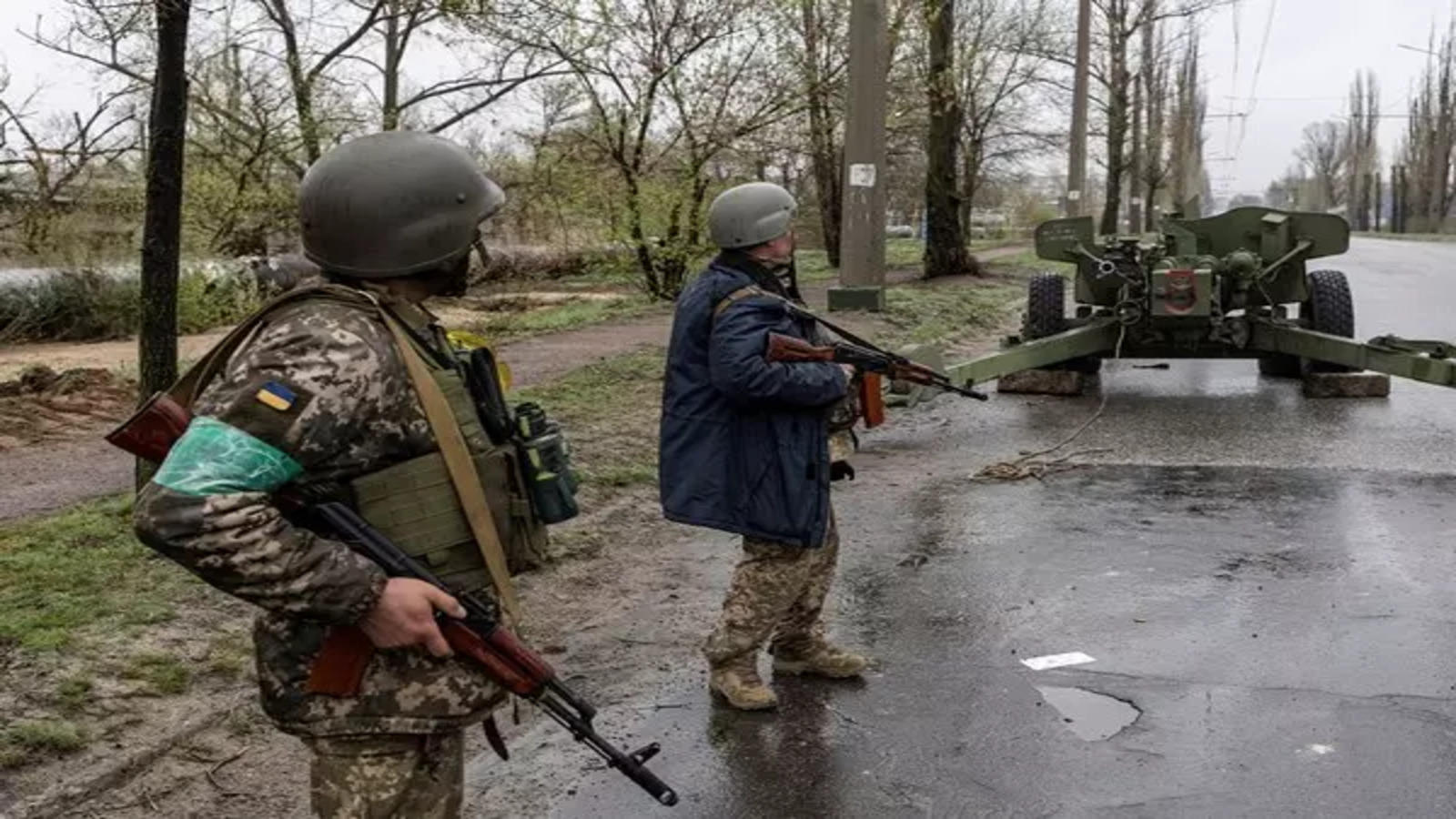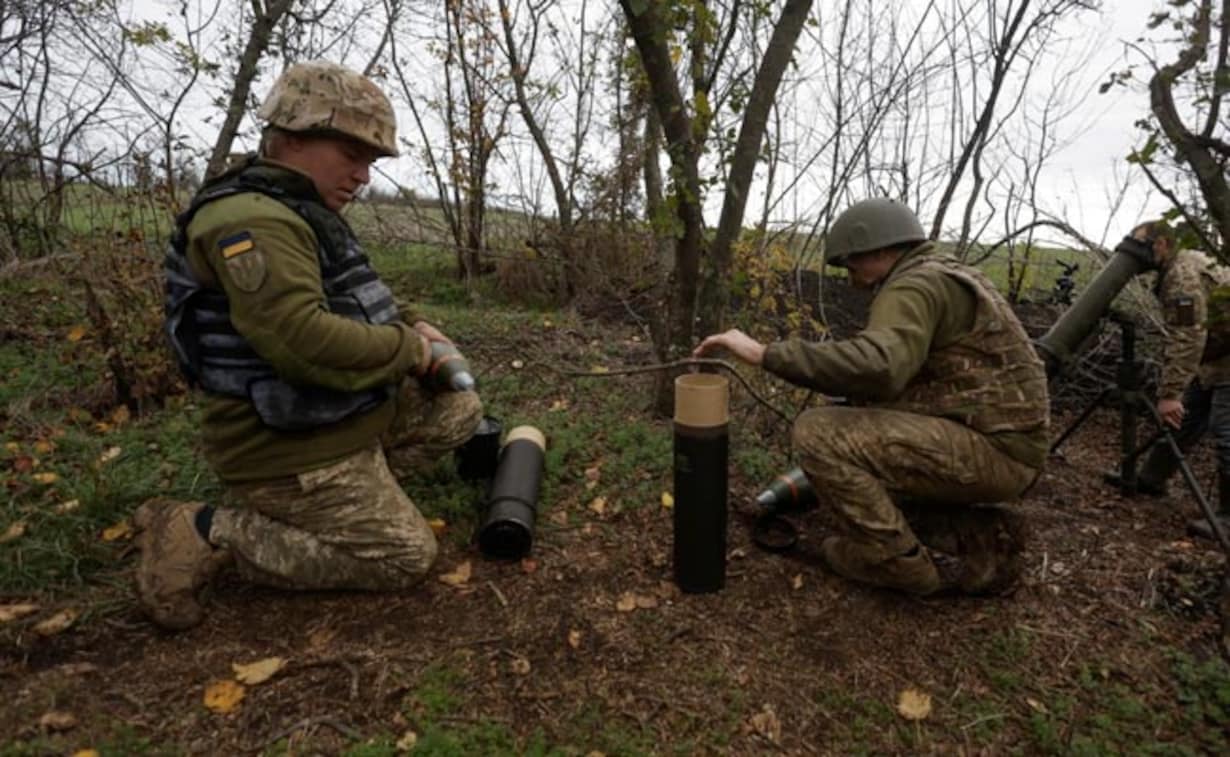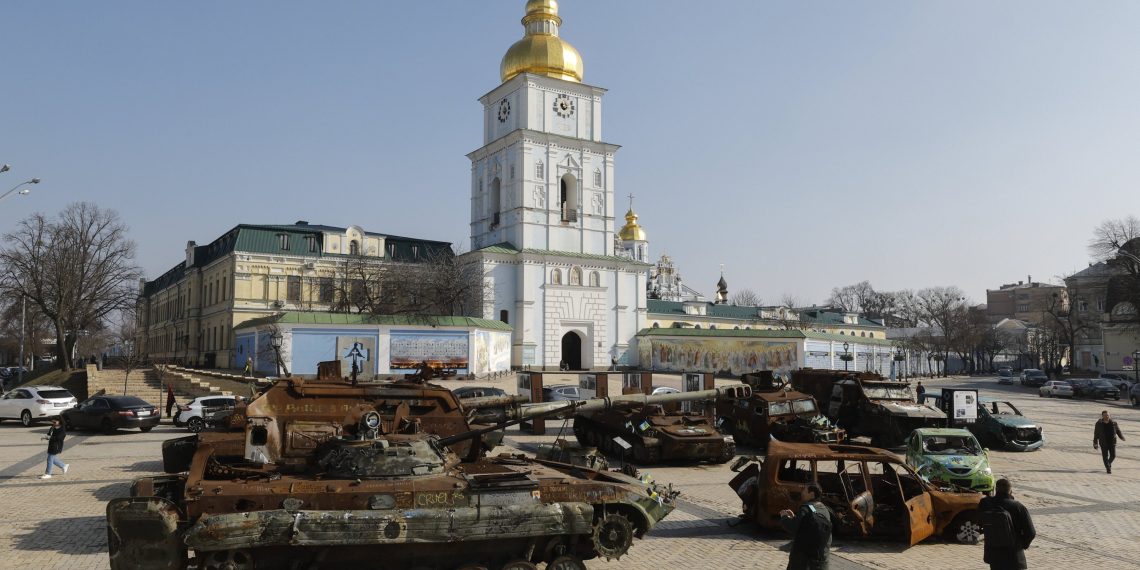The Biden administration declared a $300 million military aid package for Ukraine, marking the first such initiative in months amidst resistance from Republican leaders in Congress.
National Security Advisor Jake Sullivan revealed that the funding, sourced from unanticipated Pentagon contract savings, would primarily support artillery rounds and munitions for High Mobility Artillery Rocket Systems (HIMARS).
However, Sullivan cautioned that while this aid would temporarily sustain Ukraine’s military operations, it wouldn’t suffice to meet long-term battlefield requirements.

The announcement comes against a backdrop of escalating tensions between Russia and Ukraine, prompting the White House to seek additional avenues for supporting Kyiv‘s defense efforts.
Pentagon Press Secretary Major General Pat Ryder noted that the aid includes anti-aircraft missiles and artillery rounds, emphasizing the singular nature of funding through contract savings and its unsustainability for future assistance.
Efforts to secure additional aid have faced obstacles, with Republican House Speaker Mike Johnson refusing to call a vote on a bill providing $60 billion for Ukraine, despite Senate approval.
However, U.S. intelligence agencies and bipartisan House members advocate for increased military assistance to deter Russian aggression and bolster Ukraine’s resilience.

Meanwhile, European allies are also stepping up their support for Ukraine. Denmark announced a new military aid package worth approximately $336.6 million, while European Union countries are poised to approve a €5 billion top-up to a fund financing military shipments to Ukraine.
Amidst these developments, Ukrainian President Volodymyr Zelenskiy underscores the critical need for continued support, warning of potential escalations in Russia’s offensive actions. Despite recent tactical gains, Zelenskiy remains vigilant, anticipating a possible new offensive by Russia in the coming months.
In the face of evolving geopolitical challenges, international efforts to bolster Ukraine’s defense capabilities have gained prominence, reflecting the global community’s commitment to safeguarding regional stability.





